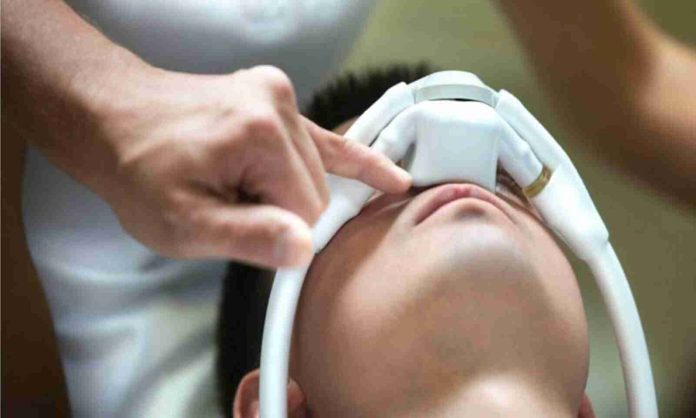Nitrous oxide, commonly called laughing gas, is familiar to the majority of people from their dentist. New research conducted by physicians and psychologists from Washington University School of Medicine in St. Louis Departments of Anesthesiology and Psychiatry and the Taylor Family Institute for Innovative Psychiatric Research has shown that laughing gas can control the symptoms of treatment-resistant clinical depression.
The researchers are the first to consider that a chemical that causes people to laugh or at least increases a person’s level of amusement could be a treatment for depression that has been found to be resistant to other forms of treatment. The initial study involved 20 people that had long-term, treatment-resistant clinical depression. Each participant was treated with a placebo and the same concentration of nitrous oxide that dentists use in different tests. The participants and researchers did not know which gas the patients inhaled.
Sixty-percent of the patients found immediate relief from the symptoms of clinical depression that lasted for at least two days and in some instances a week. Thirty-three percent of people that have clinical depression do not respond to any known treatments. Laughing gas could be a preventative to suicide, insomnia, guilt, and anxiety that accompany depression. The side effects of laughing gas are nausea and vomiting.
The results are promising but need to be examined in a larger number of people before the treatment can be recommended. One problem with laughing gas is that you need a license to get it legally. The treatment would have to be provided by a physician because dentists are not licensed to treat psychological conditions although one could sneak in a trip to the dentist for relief from depression.















